
(By Hamna Obaid)
In recent years, India under Prime Minister Narendra Modi has seen a significant shift in the landscape of freedom of expression—particularly within its media and showbiz sectors. What once stood as bastions of vibrant critique and cultural diversity are now witnessing a steady erosion of dissenting voices, especially in the wake of conflicts such as the Citizenship Amendment Act (CAA) protests, the farmers’ movement, and the Kashmir lockdown.
Recently, right after the Pahalgam incident, there has been a significant rise in such suppressive activities. A Bhojpuri singer, Neha Singh Rathore has been accused for sedition over the attack. FIR claims Neha’s posts incited religious hatred and harmed India’s national integrity. She has also been accused of helping Pakistani media by criticizing Modi government over terrorism. She has questioned Modi’s leadership after Pahalgam attack, and even talked about the Pulwama elections controversy. Earlier, Neha faced police action for a song that criticized Uttar Pardesh BJP. Moreover, Indian government is taking actions against academics, journalists and private companies who are seen as critical of its recent military campaign against Pakistan, including illegal arrest of one professor.
The current government is facing extreme criticism on attacking and undermining press freedom. This has now spilled over to the international media outlets too. Reports indicate that India has entirely restricted access to the social media platforms that frequently share fact-based content about various states, including outlets like the Global Times, Xinhua News, and TRT World. Sikh commentators have also raised their voices against this digital oppression, stating that The Modi government, which supports the Hindutva ideology, often responds to criticism or accountability by cracking down on media platforms. Indian media ecosystem is loud, populated by hundreds of mainstream news channels, many of them notorious for their jingoism, sensationalism and their ability to produce hate speech. It is safe to consider that these channels have become a source of discomfort for the Modi government, and at times, for its own citizens too.
The Indian film industry, widely known as Bollywood, has historically played a vital role in shaping national discourse, challenging socio-political norms, and highlighting minority issues. Under the Modi government, however, actors, filmmakers, and lyricists who have voiced criticism of state policies have often faced repercussions—ranging from covert industry blacklisting to overt legal actions and aggressive online harassment. Veteran actor, Naseeruddin Shah has publicly criticized government actions, only to be met with online trolling, threats, and exclusion from mainstream cinema projects. Shah’s concerns about growing intolerance were met with orchestrated outrage and media campaigns branding him as “anti-national.”
Even in the past, such trends have prevailed. When the Modi government revoked Article 370, granting special status to Jammu and Kashmir, it imposed an unprecedented communication blackout. Journalists were detained, foreign correspondents were denied access, and local newspapers operated under intense surveillance. Srinagar-based journalist Masrat Zahra was charged under the Unlawful Activities Prevention Act (UAPA) for sharing photographs on social media, a blatant attack on press freedom. Media, commonly hailed as the fourth pillar of democracy, has not been spared either. Several independent journalists and media houses have reported increasing pressure to toe the government line or face consequences.
As India seeks to define its identity on the global stage, the crackdown on dissent within media and showbiz exposes a deeply troubling contradiction at the heart of its democratic ideals. The world’s largest so-called democracy risks becoming a stage where only state-approved performances are allowed. Analysts caution that Modi’s increasing control over the press poses a serious threat to the future of democracy in India, where a free and independent media is essential to the foundation of any democratic system. In post-conflict India, Modi’s government appears less interested in healing or dialogue, and more focused on crafting a monologue—where dissent is drowned, not debated. What emerges is a dangerous trend where political loyalty is expected not just from bureaucrats and politicians, but from artists, filmmakers, and journalists. As creative voices fall silent, not because they have nothing to say but because they are suppressed deliberately and they fear the consequences of speaking out, the world’s largest democracy edges closer to a managed monologue. Silencing the voices in the name of nationalism does more harm to the nation than any critic ever could.
The author holds a degree in Defence and Diplomatic Studies, and is currently pursuing M.Phil. in International Relations. As a writer, she focuses on political affairs and strategic dynamics. She can be reached at hamnakhokher31@gmail.com


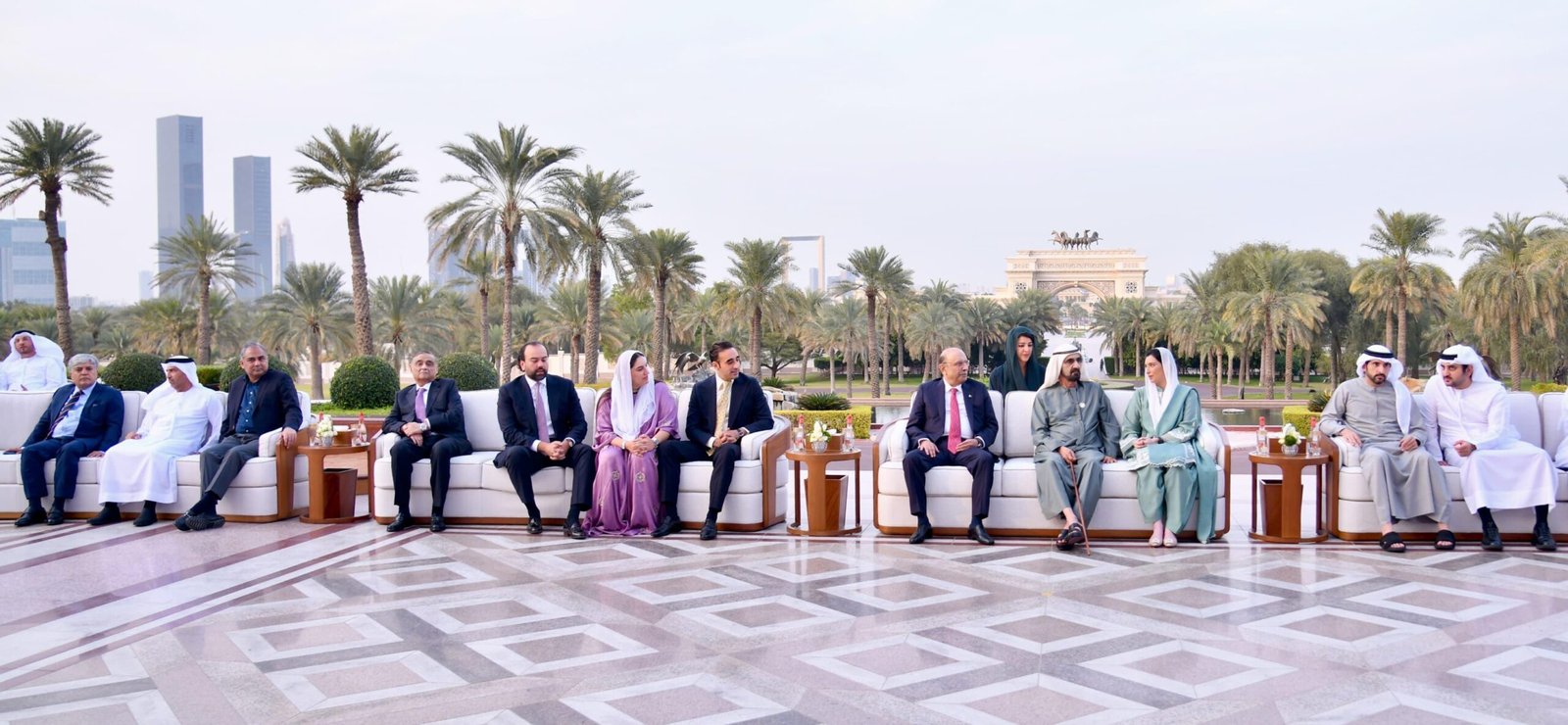
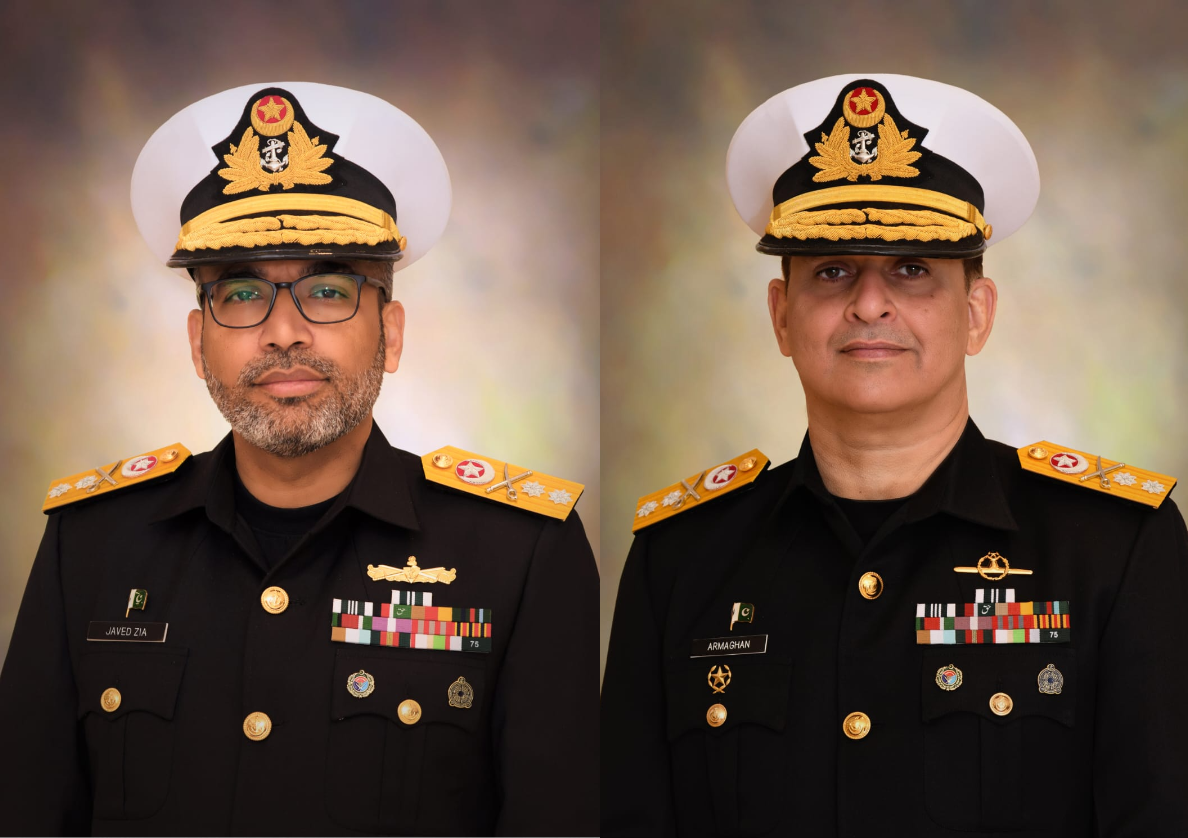
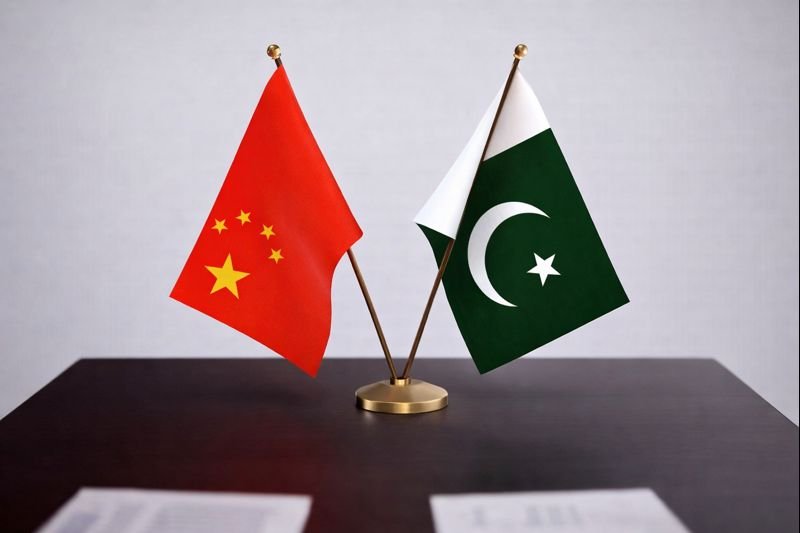
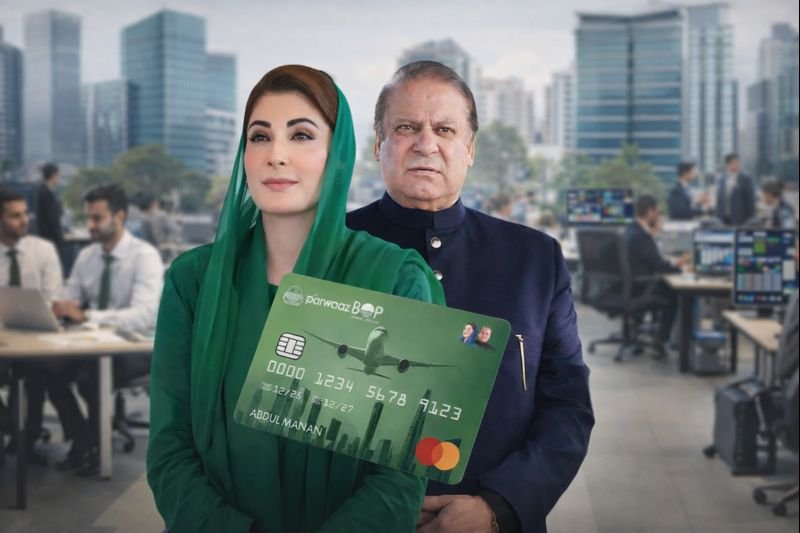
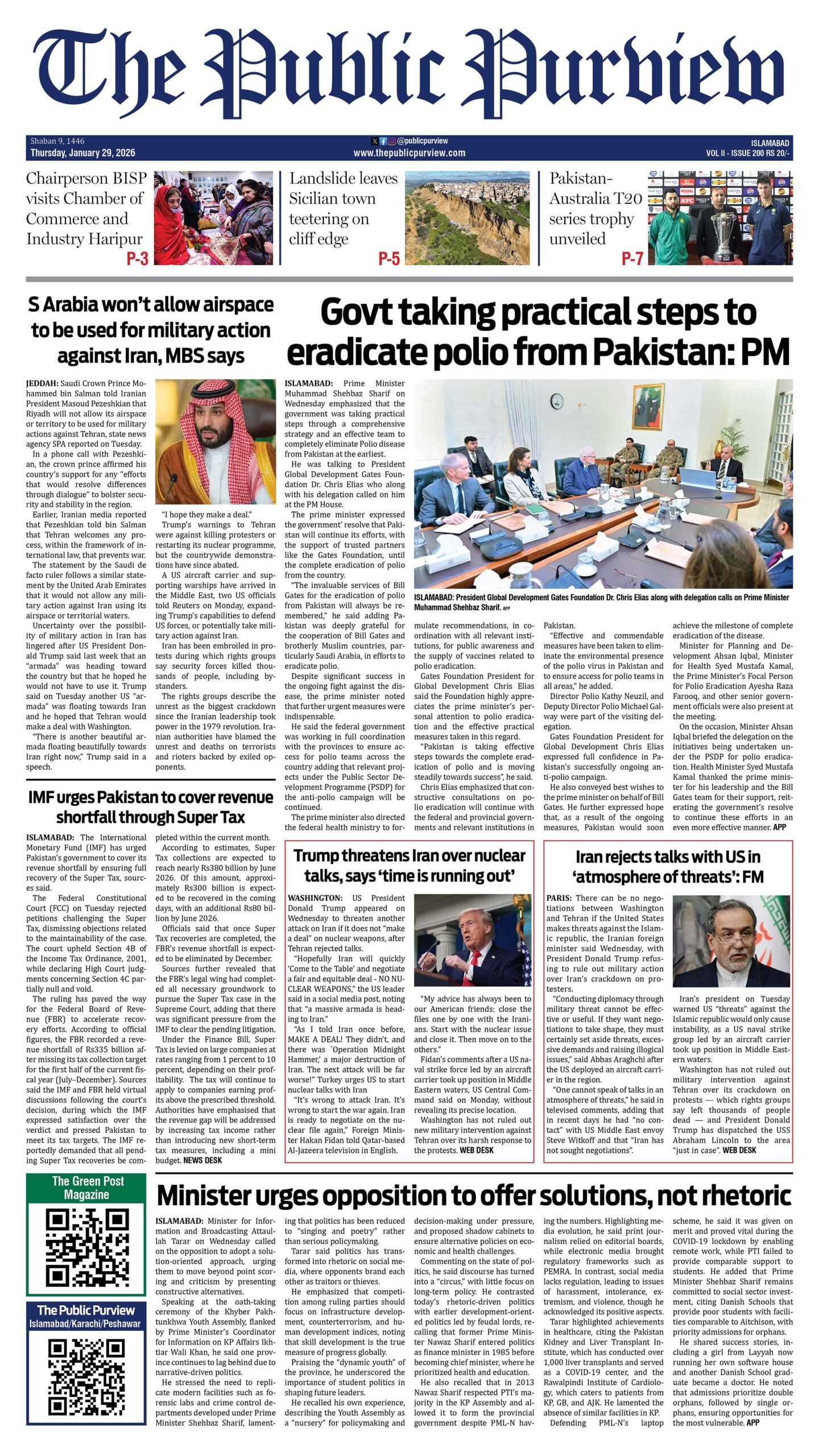 Today's E-Paper
Today's E-Paper